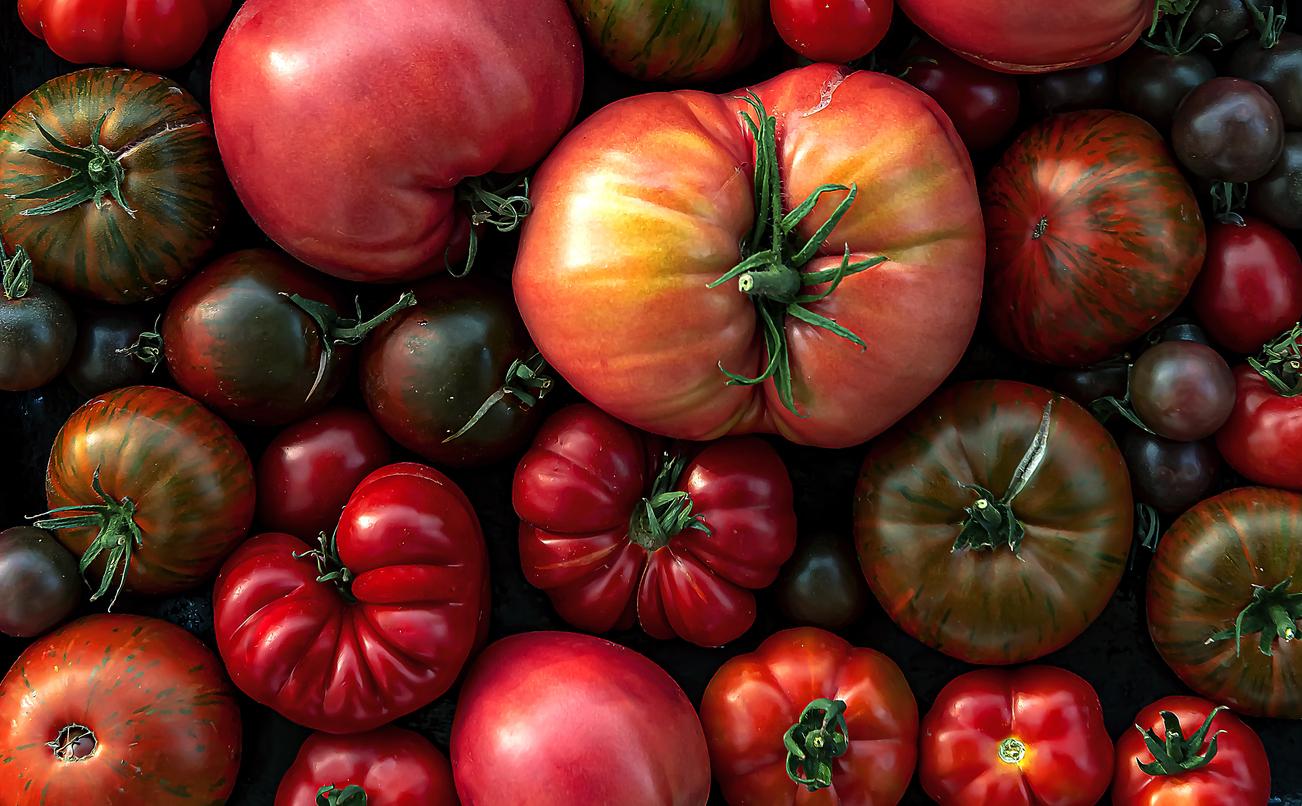the potassium is an important mineral. It is essential for a good general balance (“homeostasis”) because it guarantees our water content. It works by exerting the opposite action to that of sodium (salt). It is essential for good heart health, prevents muscle contractions and cramps. It also increases the oxygen supply to the brain for increased alertness and stimulates kidney function and insulin secretion. It is also beneficial for women to fight against osteoporosis and stroke.
We need a lot of potassium to function well and very little sodium, another very important mineral. But today the sodium intake is too important compared to that of potassium. The potassium requirements are estimated between 2 and 4 g per day. They are increased during growth and in athletic people.
More your food is salty and the more potassium you need. A potassium deficiency can lead to severe fatigue, back pain, cramps, muscle discomfort, high blood pressure, osteoporosis, and fluid retention.
Foods very high in potassium (more than 350mg per 100g) are raw fruits (avocado, banana, pomegranate), dried fruits (apricot, banana, date, apple, prune …), oleaginous fruits (almonds, peanuts, walnuts, hazelnuts … .), legumes (lentils, white and red beans, chickpeas, split peas …) and other foods such as chocolate powder, potatoes, freeze-dried coffee, ginger.
Source:
Claudine Robert-Hoarau, Healthy food, pleasure food, a question of balance, Editions Fernand Lanore, 2014.
























